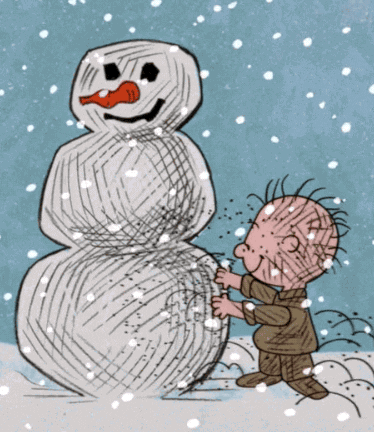Infected again or endless COVID-19? How the 'reinfection phenomenon' could impact vaccines, herd immunity and human behavior
By medical standards, Nicole Worthley is considered extraordinarily rare. She was diagnosed with COVID-19 on March 31 and again in September.
She was walloped both times, with a fever for six weeks and side effects all summer before round two kicked in.
But she can't prove she had COVID-19 twice. That requires genetic testing of both infections, which has only happened a few dozen times in the world, and never in South Dakota where she lives.
Many states are keeping track of claims of reinfection – South Dakota, for example, is studying at least 28, while Washington state is investigating 120 – but they are still considered extremely unusual, according to health experts, including the World Health Organization.
In Colorado, 241 people have had a second positive PCR test more than 90 days after the first one. "All are investigated as cases, including isolation instruction for the case and quarantine instruction for their close contacts," according to a Colorado Department of Health and Environment spokesperson.
She was walloped both times, with a fever for six weeks and side effects all summer before round two kicked in.
But she can't prove she had COVID-19 twice. That requires genetic testing of both infections, which has only happened a few dozen times in the world, and never in South Dakota where she lives.
Many states are keeping track of claims of reinfection – South Dakota, for example, is studying at least 28, while Washington state is investigating 120 – but they are still considered extremely unusual, according to health experts, including the World Health Organization.
In Colorado, 241 people have had a second positive PCR test more than 90 days after the first one. "All are investigated as cases, including isolation instruction for the case and quarantine instruction for their close contacts," according to a Colorado Department of Health and Environment spokesperson.




Comment